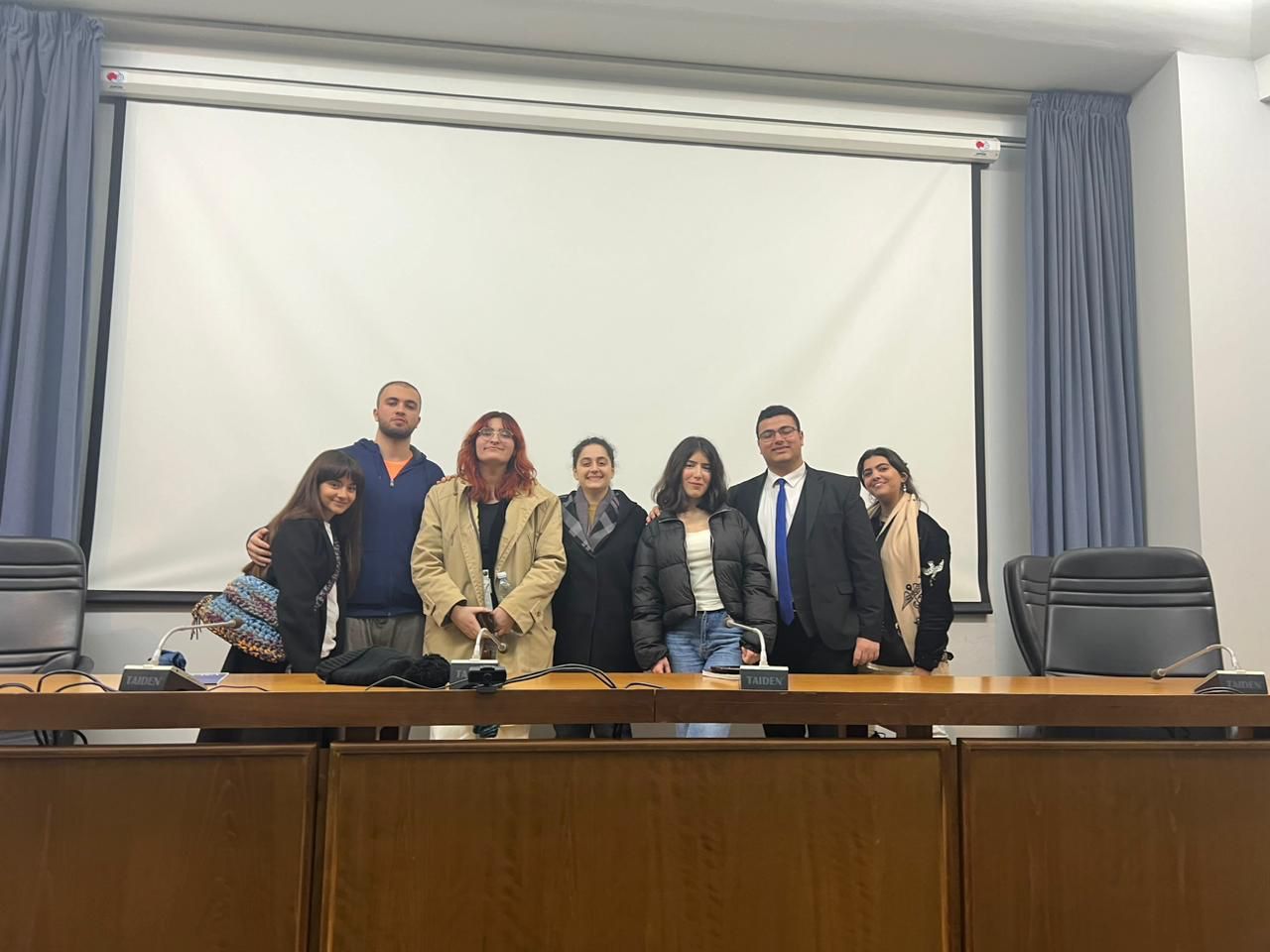
In the 2020 documentary "We Are from There," directed by Wissam Tanios, viewers are immersed in the poignant journey of two Syrian brothers, Jamil and Milad, as they bravely pursue better lives in Europe. Through a lens of quiet observation, it skillfully captures the nuances of the emigrant experience, shedding light on the complex emotions tied to homesickness.
Q1: How did the character of Milad evolve during the shooting process, and how did the director integrate himself into the world portrayed in the film?
In 2016, as Jamil was planning an unconventional journey, Wissam, who was captivated by the intriguing process, began filming. Growing up, the director was distant from his relatives, and it played a crucial role in shaping the characters. As the brothers entered their late 20s, Wissam's approach evolved, highlighting the transformation of their perspectives on life.
Q2: How did Jamil contribute to the directing process through the videos he shot?
Jamil became a vital part of the craft by using various cameras as his personal diaries. The screen recordings added layers and richness to the film. Wissam maintained a delicate balance, respecting the limits of what he could reveal about his relatives with a mature and valued approach.
Q3: Regarding the use of archive videosin the film, how did you deal with them, and what was theprocess of incorporating them into the narrative?
It was challenging to choose from countlessrushes, including birthdaysand baptisms. Half the writing occurred in the editing room, creating a mind map for the audience. Vintage videos, now considered rare and 'sexy', added a unique cinematographic dimension by telling new stories about the characters.
Q4: The film explores your delayed decision to follow in Jamil and Milad's footsteps. Can you elaborate on what prompted this change in perspective?
The film challenges the conventional narrative arc. Life, with its ups and downs, lacks a definitive ending. The characters' journeys persist beyond the film's conclusion, embodying the unpredictable nature of existence.
Q5: Documentaries and fiction films differ in their shooting processes. When did you realize the film was finished and ready to be screened?
The emotional journey shaped the film organically. Wissam grappled with the scenes' daily life complexities, guiding the film's course, length, and value. The process became a philosophical exploration, recognizing the right to dream and to ask existential questions.
Finally, "We Are from There," under Wissam Tanios's direction, intricately weaves personal narratives, archival footage, and directorial reflections. It offers a captivating exploration of individual evolution, an emigrant experience, and the perpetual nature of life's stories.
Philosophical Conclusion:
Each one has the right to dream, or… maybe. We are psychic creatures that ask existential questions. The film, a testament to the human imagination and its endless inquiries, mirrors the ongoing, never-ending story of life.